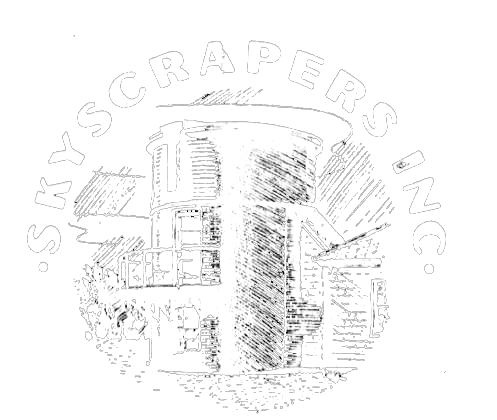Mid-Summer Meteor Shower
August 2002 :
Note: This article may contain outdated information
This article was published in the August 2002 issue of The Skyscraper and likely contains some information that was pertinent only for that month. It is being provided here for historical reference only.
I always look forward to the Perseid meteor shower. It's one of those displays of shooting stars that provides observers in dark skies a consistent number of meteors from year to year. All we have to worry about is the phase of the Moon and of course our worse enemy, the weather!
This year we are fortunate that a waxing crescent Moon will set around 10:22 pm EDT on the Perseid peak night of August 12-13. Therefore it will not interfere with our attempts to observe as many meteors as possible. We will just have to contend with whatever weather Mother Nature sends our way. Last year southern New England clouded over on peak night, not only obscuring our view of the meteor shower, but also denying our view of a display of the northern lights. Let's hope the weather will cooperate this year.
The Perseid meteor shower sports several peaks, so I suggest you start observing about 9:00 pm EDT on the night of August 12. Get yourself comfortable and cast your gaze toward the northeastern sky. The meteors will appear to radiate from the constellation Perseus, which rises in the northeast sky early in the evening. This star pattern will rise higher and higher as the night progresses. Continue to follow Perseus as he traverses the heavens.
Normally the Perseid shower produces about 60 meteors per hour, but a few years ago that number had risen to 120 or so per hour. Folks with clear skies last year only counted 20 to 30 Perseids at peak, but that was under a very bright and conspicuous Moon. Perseids are usually green, red or orange. Fireballs, brilliant and exploding meteors, have been more frequent as well in recent years. The Perseids are really fast shooting stars too, coming in at around 134,222 miles per hour.
If the weather forecast for peak night looks questionable, the two nights before and after peak night will provide you with a few Perseids to observe. We already know the sky will be Moon-free just after 10:00 pm on the night of August 12-13. Let's just hope the sky will be cloud-free as well.
Good luck with the August shower of stardust. Keep your eyes to the skies



